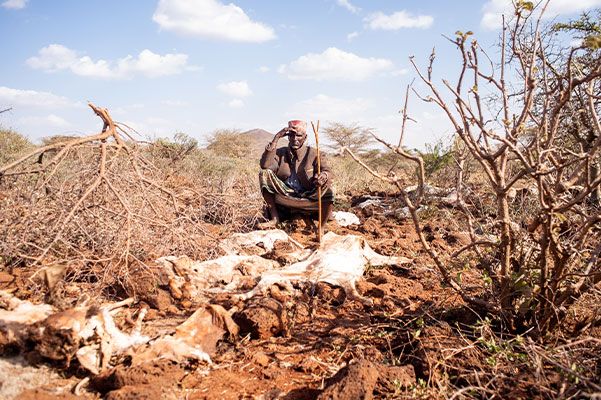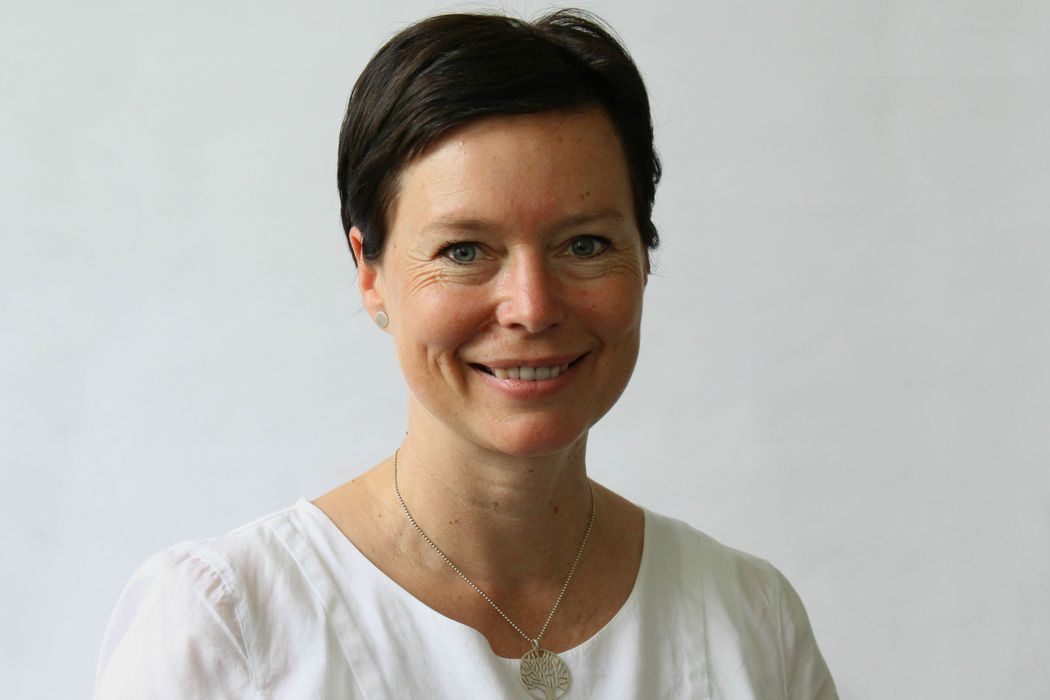Cologne. Climate change poses a major threat to the health of millions of people. On World Health Day, Malteser International draws attention to the deaths of 13 million people who, according to the World Health Organisation, die every year due to avoidable environmental causes such as the climate crisis.
"There is no climate change. There is a climate catastrophe. Therefore, in addition to the emergency aid, we will break new ground in our projects. This includes considering human health, climate and environmental protection as a whole," says Roland Hansen, Head of the Africa Department of Malteser International.
In countries like Kenya, people are struggling with the effects of global warming and are currently suffering the consequences of the worst drought in 40 years. More than three million people in Kenya alone are affected by the current drought and its habitants have contributed the least to the climate crisis. For this reason, Malteser International implements the One Health Approach in an increasing number of projects: human health, animal health and environment are understood as an interconnected system.
Human medicine, veterinary medicine and environmental protection work together
The focus is on the interdependencies and interactions of human, animal and environmental health, which makes topics such as climate protection, nature conservation and the improvement of agricultural and food systems important pillars of the One Health approach. Actors from human medicine, veterinary medicine and the environment work together across disciplines.
"In areas at particular risk, in northern Kenya for example, droughts will become more frequent in the future. For that reason, we support people to improve their livestock management. It is important that they breed more resilient animals which need less water. They must adjust to changed conditions. Otherwise, this area will soon become uninhabitable," says Hansen.
Attention editorial offices:
Photos for download can be found here: malteser.eyebase.com/view/pin3yySeho6
Roland Hansen, Head of the Africa Department, and Iovanna Lesniewski, health expert of Malteser International, are available for interviews and sound bites.
Operator: +49 (0)221 98227 181, katharina.kiecol(at)malteser-international.org










